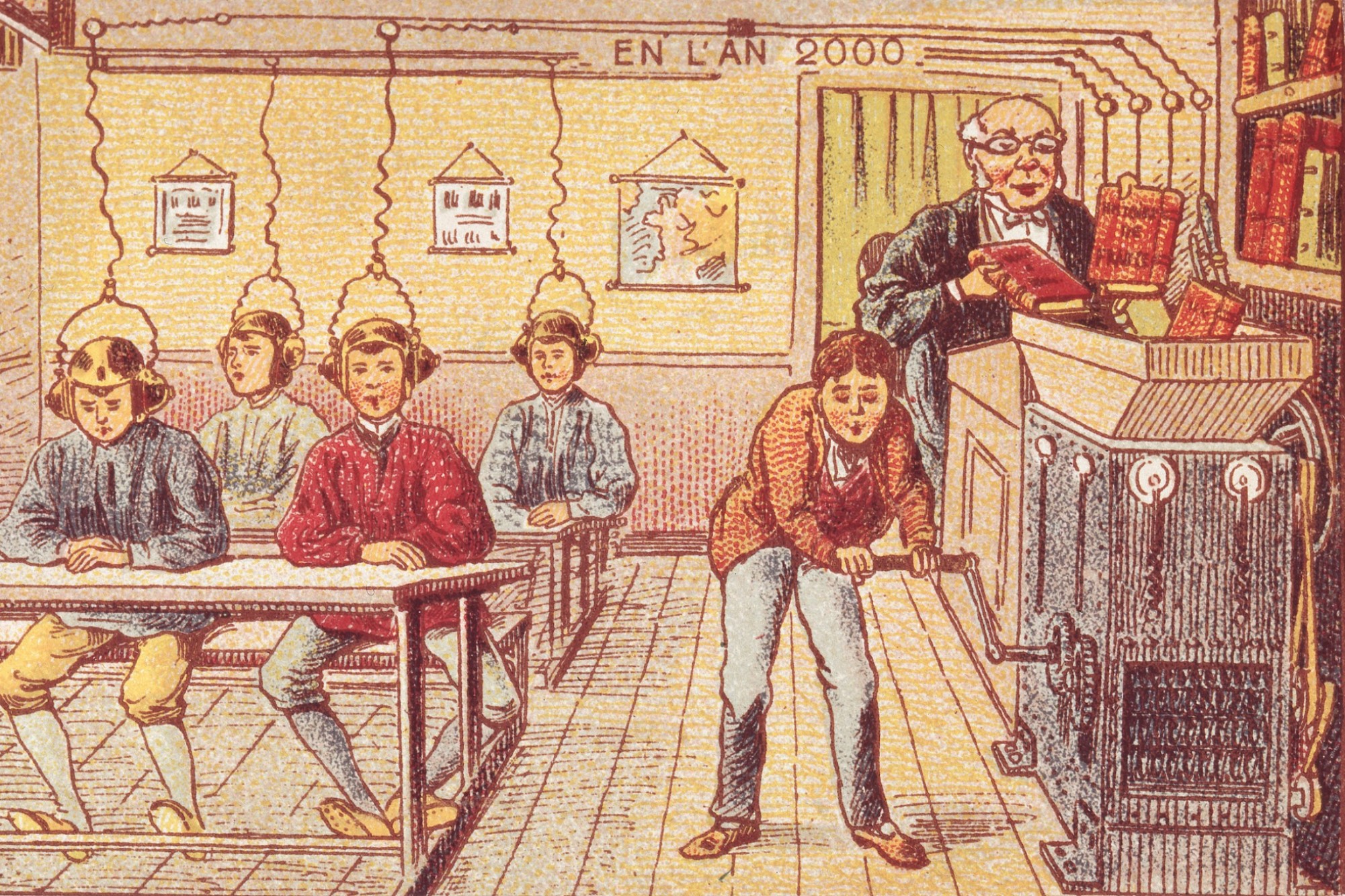Ebola: No Longer a Microscopic Problem
Over the past two weeks, reports of a Liberian man with Ebola being treated in Dallas have captivated our public discourse. Some worry that this may be a “Patient Zero” situation, and that the outbreak will soon transcend borders to become a global epidemic. While this fervor has taken place at home, however, even more profound turns in the handling of the Ebola outbreak are unfolding abroad.
Such is the topic of Al Jazeera columnist John Batchelor’s piece, “Gross governance errors led to Ebola pandemic.” According to Batchelor, the delayed international relief and poor management of the crisis has led to a near-uncontrollable outbreak of the disease. And this is not only at the level of the state governments involved. In fact, he argues, the World Health Organization (WHO) has only worsened the problem in its approach:
“The remedies applied so far of isolating, intimidating and propagandizing the at-risk populations are being repeated by the same authorities who watched the outbreak explode since spring.”
Furthermore, Batchelor’s article shows just how common it is to cast problems like the Ebola epidemic as security issues. In modern times, public health crises or natural disasters are not just isolated events. Rather, the refugees they create, along with the various forms of instability they bring, become issues significant enough to endanger the security of other countries. The fact that such events take place in a world where a sickened individual can easily travel from Liberia to Dallas magnifies this phenomenon.
It is likely that such reasons were in the mind of those who sent members of the U.S. military into Liberia last week to help contain the spread. Certainly, this seems like the right move. On the other hand, though, such interventions often carry with them the ethical issues of the post-colonial era. Those intervening will certainly have to be wary that their aid serves the needs and interests of those affected, rather than their own.
Just what is the solution here? Have the WHO and local governments involved truly failed? Furthermore, is this justification for the U.S. intervention? What ethical concerns come along with this intervention? Let us know what you think in the comments below.
Image Credit: Ebola virus virion by Cynthia Goldsmith, Centers for Disease Control (Public Domain)




